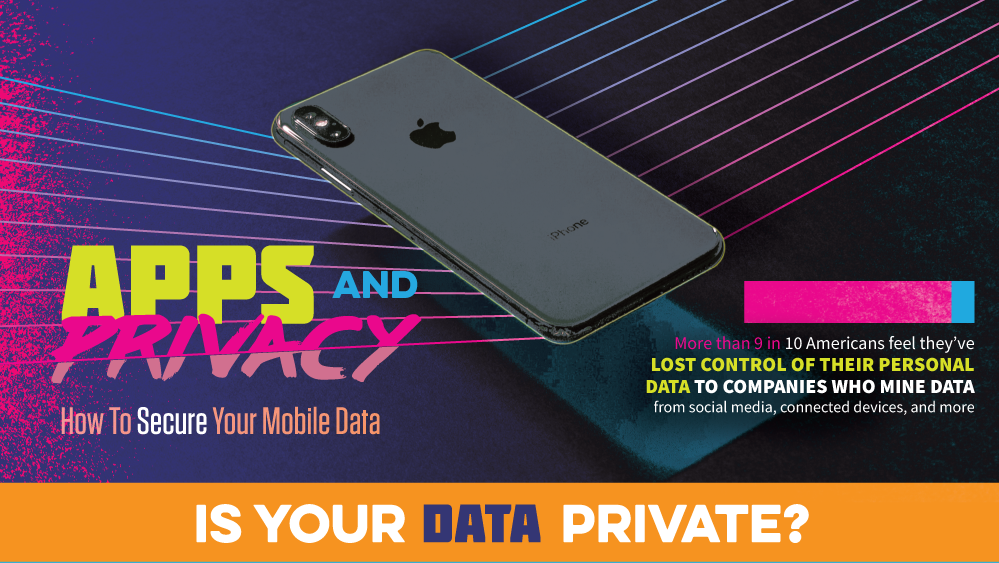Each day, the world makes 250 million terabytes of new data – every second 946 Instagram photos are taken, 8,690 tweets are posted, 77,783 things are searched on Google, and 2,845,459 emails are sent and received all over the world. With all of this new data, keeping your data private and away from prying eyes that will exploit any information about you that they come across is becoming a bigger and bigger deal.
Google tracks a lot more than what websites you visit and your email – it can track what apps you use and when, if you signed in with Google or you are on an Android device, it can track what you watch read and search, including YouTube, News, Books, and Google Search, it can track where you go and where you plan to go and when, and it can also track what you say after you say “OK Google”- in one case, the file containing all Google’s data on a single person was 20 gigabytes, equal to a 12 million page text file. But why bother even recording seemingly useless data?
Developers can use the data they collect from you to show ads that they think would appeal more to you, thus generating profit. On most devices, you will have an “Advertising ID” and this is locked to your phone’s permanent hardware identifiers, such as your MAC address, IMEI and Android ID. This user data can be worth about $182 for a Google user’s Advertising ID – for Facebook, its $158. Using this kind of data, in one experiment, researchers could predict what someone would post on social media with an astounding 95% accuracy – even if prior they didn’t even have an account.
Find out how to stay away from apps that can steal your data and find more online security tips here.


